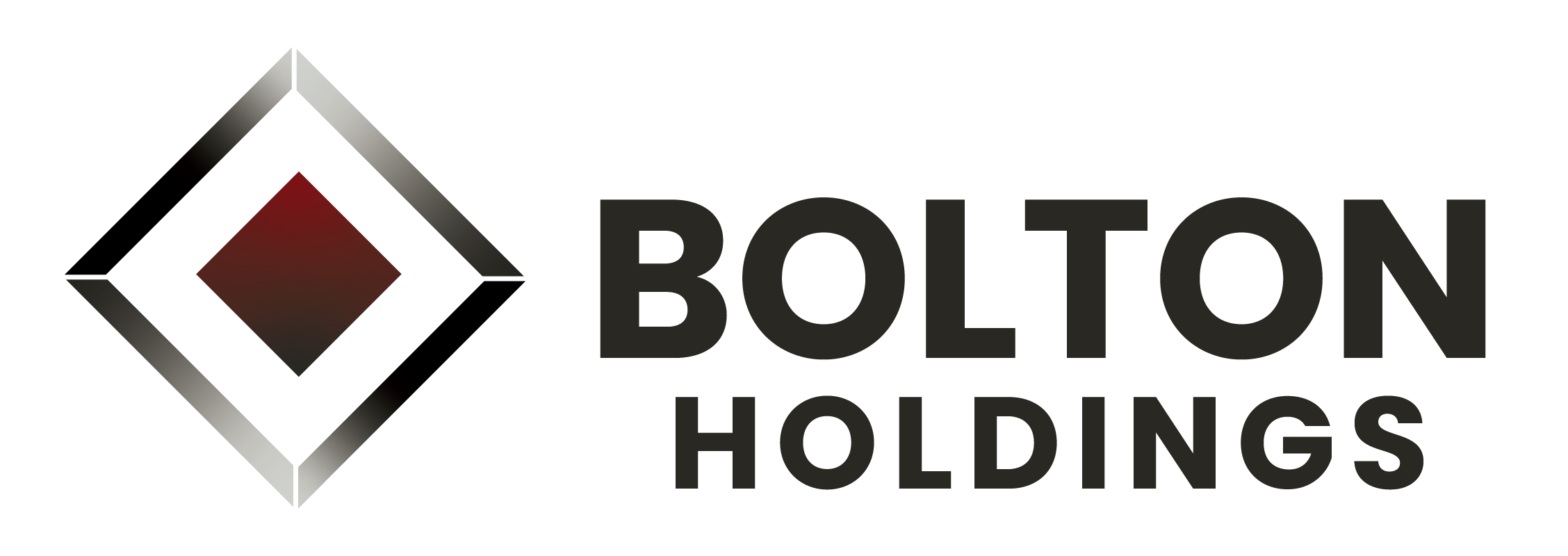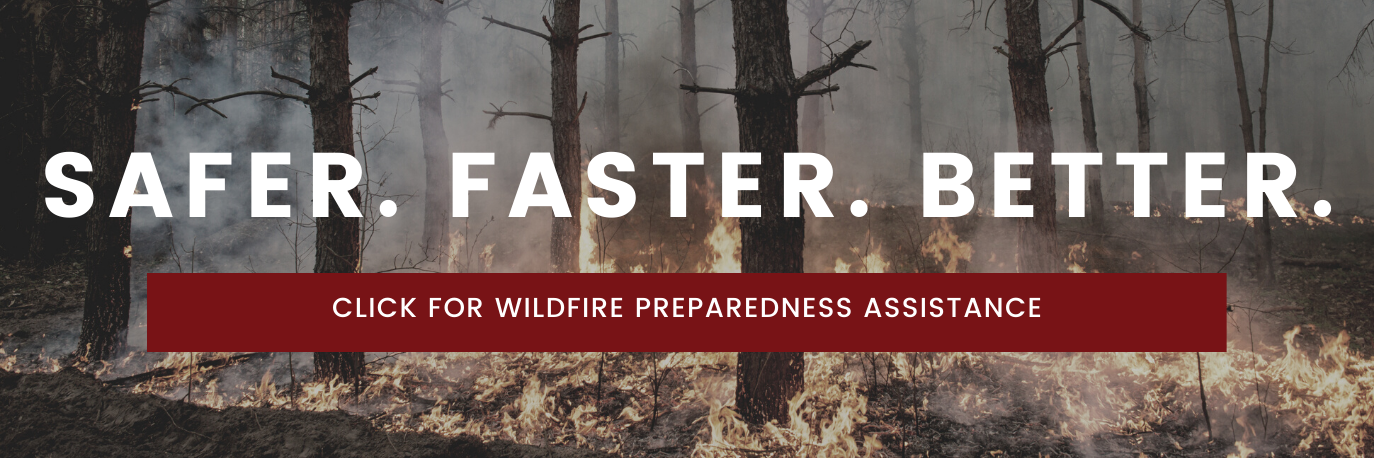With the earth in constant flux and consistently changing each day, wildfires have become more and more frequent. As of late, they have pretty much become an annual occurrence, so naturally businesses are staying on the lookout to better understand the after effects (and most importantly, what it can cost). Not preparing properly can leave your business and workforce vulnerable to damages or worse.
In this blog, we’re looking at the effects of wildfire and how businesses and agencies like yours can truly withstand the season.
The Effects of Wildfire
Did you know that fire smoke can be bad for your employees’ health? The Environmental Protection Agency (EPA) credits toxic smoke to eye and respiratory irritations — others can suffer from more severe health problems, such as reduced lung function and even heart failure.
And as if those stats weren’t threatening enough, there is the fact that wildfires are responsible for the loss of life and land: according to the Federal Emergency Management Agency (FEMA), nearly 4,000 people died from wildfires in 2019. In the same year, wildfires were responsible for almost $15 billion in losses.
Case Study: California 2020 Wildfires
To better understand the damage that fires can do, let’s look at the 2020 season in California. The Center for Disaster Philanthropy (CDP) notes that over 4 million acres of land were burned that year. Yet a number that should be pertinent to you and your business is 10,488. That is the number of structures that were damaged or destroyed. This is why it’s crucial to be as prepared as possible for each and every wildfire season.
Preparing for Wildfires
The best way to get your business ahead of any disaster is to prepare before they happen. This would include having a disaster preparedness plan that details and documents your assessed risks, the specifics for addressing said risks, team member responsibilities, contingencies accounted for and a reflecting checklist for improving in the future.
Don’t allow the possible effects of a wildfire catch you ill-prepared. Plan as much as possible before each wildfire season begins, and once it has, be sure to work with an expert team so that your business is least affected.


